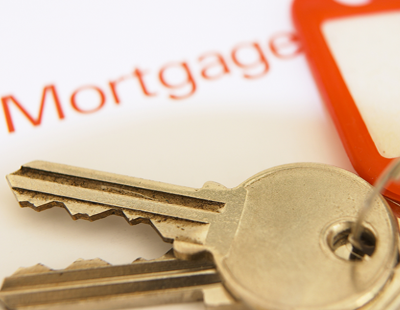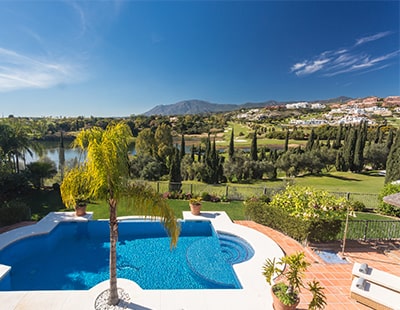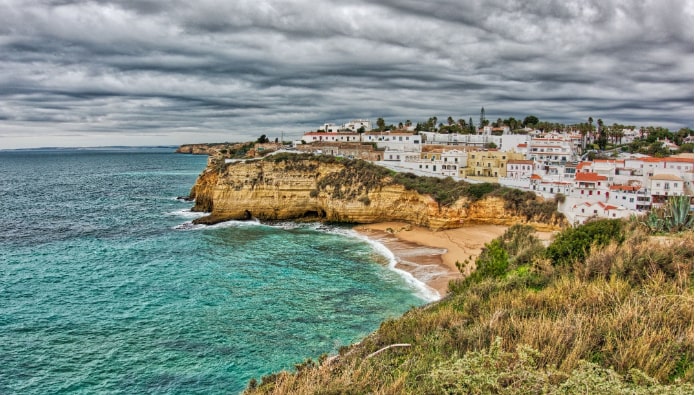
Well-known Spanish agency Lucas Fox works with some of Spain's leading mortgage brokers who offer competitive mortgage packages to suit all requirements. Spain has a fairly developed mortgage market, with numerous lenders offering what can often be a bewildering variety of packages.
To assist, Lucas Fox has shared some key tips on securing a Spanish mortgage:
- Spanish banks will accept UK income and payslips - you will need to provide your last three months' payslips, last year’s tax return and last six months' bank statements.
- There is only one main difference with mortgages for non-tax residents in Spain - the loan to value is around 70%, while tax residents in Spain can get around 80% LTV
- It’s best to use a mortgage broker who will search the entire market for you. It will also make a huge difference to the ease and speed of the mortgage application process and will ensure that the best possible conditions are secured for you. Brokers achieve this by working with a network of trusted contacts at each lender, from Branch Managers to Commercial Directors.
- Spanish banks are more cautious with sterling income and therefore may lend a lower LTV amount in order to hedge their risk. If your principal income is not being earnt in Euros, there is a law that states if GBP in this case falls by a certain amount against the Euro, then you can request the bank to switch the mortgage to a GBP mortgage. It is highly unlikely that the currency would swing by the amount needed to trigger this.
- Interest-only mortgages do not exist in Spain - mortgages are based on repaying the capital with interest from day one, meaning that the capital is fully paid off by the end of the term.
- Taxes are different from region to region, which significantly affects the overall costs. As a rule of thumb, excluding Madrid, we recommend allowing between 12% and 14% of the price depending on the region. For Madrid, allow around 10% as stamp duty – property tax is lower at 6%.
- All property buyers definitely need an NIE number (Spanish identity number). We strongly recommend that you appoint a lawyer to assist you with the purchase process and they can also apply for the NIE number on your behalf.
- A formal mortgage application will need documents to prove your identity, income, taxes paid in the last few years, assets and debts, which will usually include a credit report from a credit reference agency.
- Ensure that you thoroughly analyse the market before you purchase a property. The Spanish property market can fluctuate, so this needs to be taken into account.
- Read the small print in mortgage contracts, especially if you are using a bank, as sometimes a mortgage may seem advantageous at the start, but can end up quite expensive at the end of the mortgage term









.png)









Join the conversation
Please login to comment